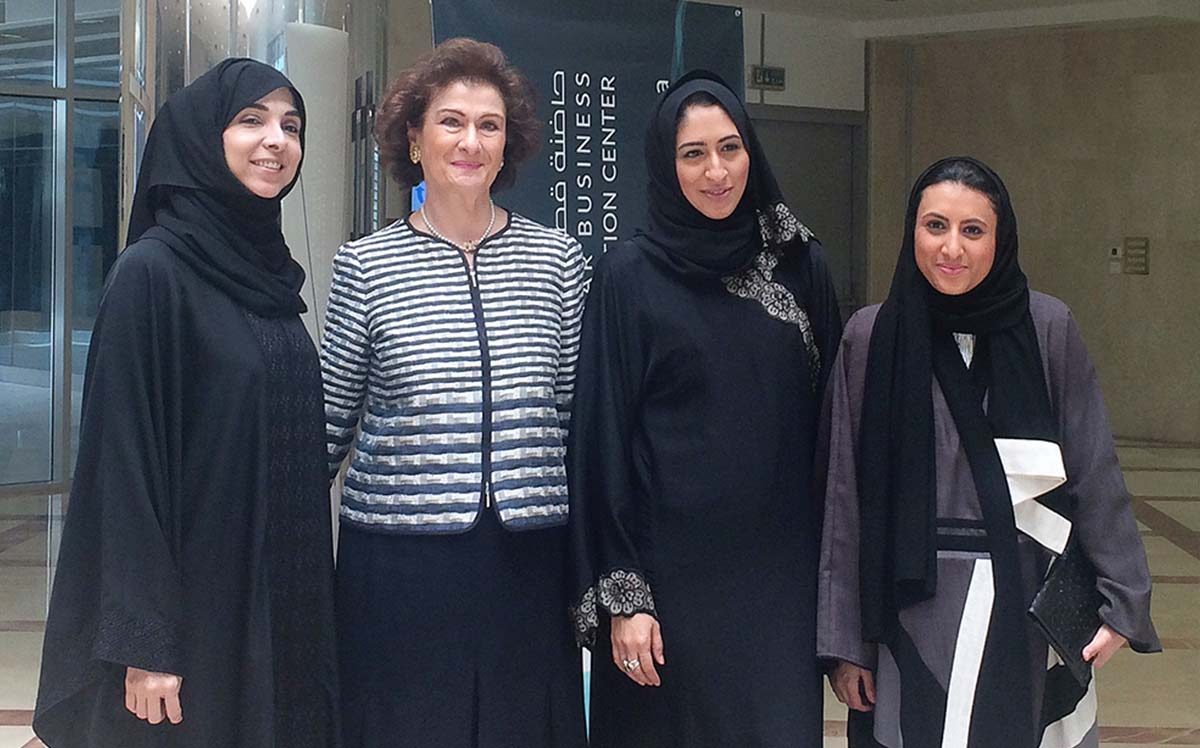
Qatar’s women are the most entrepreneurial in the region, but struggle to make it to the boardroom, according to a recently-issued report.
One-third of women in the country want to set up and run their own businesses, compared to just 4 percent of their UAE peers who share the same aspirations.
And some 6 percent of women here already own their own company, while in Bahrain just 3 percent of women do. Across the rest of the Gulf, only 2 percent of women run an SME.
Still, despite having leadership skills, not many women in Qatar are making it into the top jobs and boardrooms of companies, states the “GCC women entrepreneurs in a new economy” report.
Business leaders
Published last month by Dubai-based investment manager Al Masah Capital, the report also showed that just 7 percent of legislative, senior official and management roles in Qatar are held by women.

This puts Qatar on the same level as Saudi Arabia and behind the other four Gulf states when it comes to promoting women to senior corporate roles.
In contrast, women in Kuwait hold 14 percent of these seats, and in Bahrain, 13 percent.
Qatar’s figure remains low for the number of women who hold boardroom positions. Just 0.3 percent of board seats belong to females, while in Oman 1.8 percent are controlled by women.
Strides made
That said, women’s positions in Qatar have improved in recent years.
The country has one of the highest levels of female literacy in the MENA region and also comes out on top with female participation in the workforce.

And nearly two-thirds (59 percent) of women living in the country over the age of 25 registered as employed and working, compared to the MENA average of just 25 percent.
Across the Gulf as a whole, more women are working and an increasing number of them are running their own businesses. In 2011, just 4 percent of women were entrepreneurs. But in 2014, this rose to an average of 10 percent.
This positive trend is also reflected in Qatar, with female labor force participation “on the rise” and a wider range of jobs considered suitable for women, the report noted.

The entrepreneurial spirit would appear to be strongest in the Qatar out of all the Gulf states, with more women – and men – either already running their own companies or hoping to do so.
Challenges
The government has made some strides to support women in leadership positions, with the establishment of organizations such as the Qatari Business Women’s Forum, the report said.
The Roudha Center and QBIC are also among a number of organizations that give advice and practical support to start-ups in the country.
“Nevertheless, upper management positions are generally occupied by men, especially in the private sector,” it added.
Other challenges exist.
These range from “informal issues such as social constraints” to more formal hurdles that include inadequate training and mentoring, and access to finance.
Finally, the report pointed out some women’s lack of experience and management skills, which can lead to risk-aversion and low self-confidence.
Thoughts?







